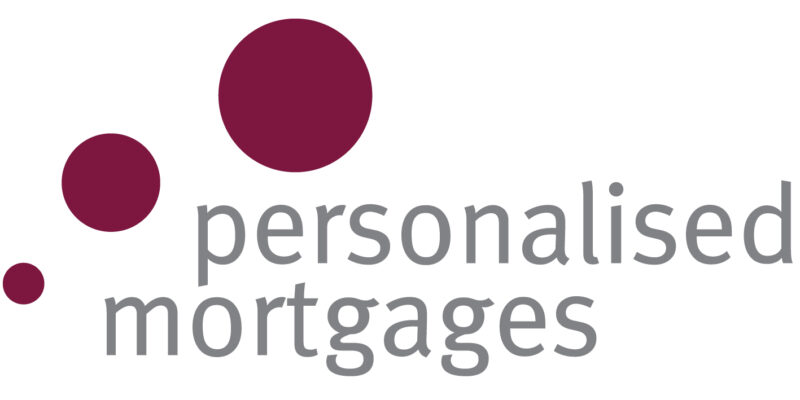When you are self-employed, buying a house can be more challenging than it is for someone who has a steady income as an employee. The applications are scrutinised so much more closely because the profitability is usually more variable. Often being self-employed means your income varies from year-to-year. This makes you a risk. The banks need certainty you will be able to pay back their mortgage.
The thing is, when you are self-employed, your accountant will generally help you reduce tax as much as possible within the tax laws – so you expense as much as possible to make a saving. Right? Wrong! It’s a catch 22, saving tax is great until you want to buy a home. Banks look at pre-tax profit when calculating affordability so by increasing expenses, you reduce pre-tax income and with it you reduce your maximum borrowing amount.
So what can you do in preparation for your mortgage application… start early.
The paperwork
Usually, you will have to provide financial statements (profit & loss and balance sheet) and personal & business tax returns from the most recently completed financial year. Also depending on what time of the year it is, you may be required to provide year to date financials. You may also get asked to evidence that all tax payments due are up to date (PAYE, GST, Provisional).
Credit history
Banks always run a credit check at the time of application for both yourself personally and the business.
It’s a good idea to not fall behind with any financial commitments as this will usually show up on any credit checks. If you are struggling to manage any of your financial commitments, speak with your adviser or accountant about options to best manage these – don’t just leave and assume it will sort itself out later because it probably won’t.
Be patient
If you’re newly self-employed, you’ll have far less paperwork than a business that’s been going for a few years. The main banks usually want to see at least two years’ worth of financials for self-employment income. Projections are great and show that you are planning for your business, but if it doesn’t have the history to back it up, it will likely not be relied on.
Note: Have no fear, I have connections with non-bank lenders too. We might be able to organize some bridging finance whilst the business gathers its history to then switch to a main bank.
Keep good records
Make sure your paper trail is organized and doesn’t have any blank spots. Track your expenses and income and have an easy-to-follow profit and loss statement that will be worth it’s weight in gold when it comes time to seeking a loan.
Anyone who knows they want to be a property owner, but didn’t start planning early enough, always says it was their biggest regret. It would be worth meeting with me, your mortgage adviser, to set up a plan for your buying your future home. Then, when it comes time, we’ve been playing a game plan that will set you up for success.

